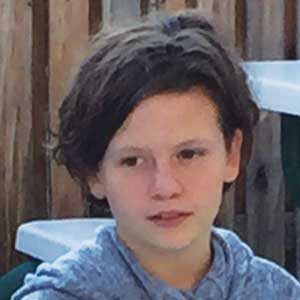Coming out to anyone, especially family, about being transgender can be terrifying. The fear of rejection, the uncertainty of the future – these anxieties can be overwhelming. This is the story of one person’s journey to self-discovery and the courage to ask the pivotal question: “Will U Still Love Me?”
The initial disclosure was fraught with anxiety. The physical symptoms of stress were palpable: a racing heart, a body frozen in fear. The question, “Would you still love me if I were a boy?” hung heavy in the air. Time seemed to stop. The answer, filled with unconditional love and acceptance, brought a sense of peace, albeit tinged with the lingering fear of the unknown.
Subsequent conversations brought tears, but also solidified the feeling of being loved and accepted. Sharing the truth in a fifth-grade essay presented a different challenge. The reaction of a classmate, a mixture of panic and hasty retreat, highlighted the societal discomfort surrounding gender identity. However, the teacher’s quiet offer of support, “You can come talk to me if you ever need any help,” provided much-needed encouragement and validation. Being called “brave” for the first time was a powerful moment.
The harsh reality of prejudice and discrimination against transgender individuals is undeniable. The anger at witnessing such hatred for something inherent and uncontrollable fuels the desire for change. Nelson Mandela’s powerful words resonate deeply: “No one is born hating another person… People must learn to hate, and if they can learn to hate, they can be taught to love.”
The resilience of the oppressed is often compared to grass pushing through heavy snow. Despite the weight of societal pressure and prejudice, they rise, stronger and more resilient. While many have suffered and even lost their lives due to intolerance, this story focuses on the fortune of having a supportive and loving environment. Being called “brave” feels inappropriate; true bravery belongs to those who face oppression and still rise.
The yearning for peace, both personal and global, is a powerful driving force. Why can’t we accept each other for who we are? Why can’t the world be a place of unconditional love and acceptance?

This image depicts a young person, possibly reflecting the age and vulnerability of the author when they first grappled with their gender identity and the courage to ask, “Will u still love me?” The thoughtful expression suggests the internal struggle and the weight of the question.